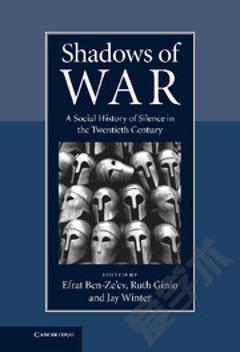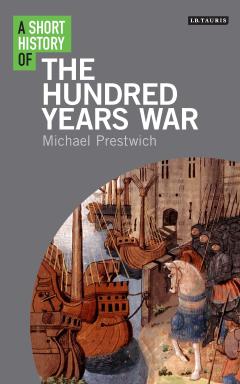Shadows of War: A Social History of Silence in the Twentieth Century
Silence lies between forgetting and remembering. This book explores how different societies have constructed silences to enable men and women to survive and make sense of the catastrophic consequences of armed conflict. Using a range of disciplinary approaches, it examines the silences that have followed violence in twentieth-century Europe, the Middle East, and Africa. These essays show that silence is a powerful language of remembrance and commemoration and a cultural practice with its own rules. This broad-ranging book discloses the universality of silence in the ways we think about war through examples ranging from the Spanish Civil War and the Israeli-Palestinian conflict to the Armenian Genocide and South Africa's Truth and Reconciliation Commission. Bringing together scholarship on varied practices in different cultures, this book breaks new ground in the vast literature on memory, and opens up new avenues of reflection and research on the lingering aftermath of war.
{{comment.content}}








 京公网安备 11010802027623号
京公网安备 11010802027623号